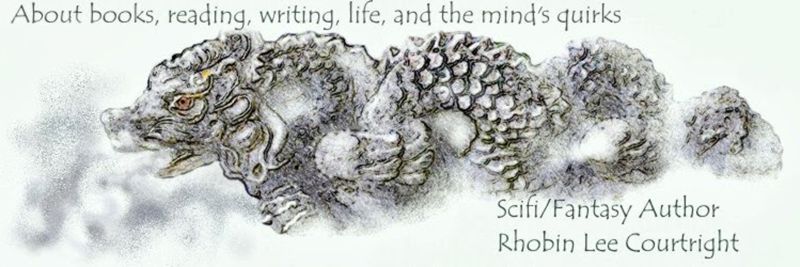 |
Whenever something happens in the plot, it causes something else to happen, which often leads to a chain reaction of events, just as in life although we do not always notice this. These actions are what catches the reader's interest and encourage them to continue reading. How characters react to these actions in their particular place and circumstance provides an emotional result to both the character and the reader.
If that is true, then why aren't all books the same story, especially when the situations and genre are so similar? While many actions are familiar to the reader because they've gone through them, the reactions of the characters can differ greatly just as they can in real life. Everyone is human, so physically alike, but everyone is also different in some way. Humanity's action can range from extraordinary good to unfathomable evil, and the puzzle remains that, depending on the historical time frame and the society and its mores, those unfathomable evil actions can be accepted as normal or even good, and those extraordinary good actions can be seen as ordinary or evil. In addition, there can be a very extended range of actions between the two opposites, each with both specific and non-specific reactions to each other. A person’s life is both predictable and unpredictable. Each mind behind a story's telling is human with basic human responses, but also completely different from the billions of other minds on Earth.

No comments:
Post a Comment